Hungary denies Israeli claim of embassy move to al-Quds
Hungary has denied claims by Israel's top diplomat that Budapest had decided to move its embassy in occupied Palestine from Tel Aviv to al-Quds, insisting that no such decision has been taken.
Hungary's ambassador to Tel Aviv Levente Benko rejected a recent declaration by Israeli foreign minister Eli Cohen that Budapest intended to relocate its embassy to al-Quds, emphasizing that the EU country has only been running a trade office in the occupied city and “no decision has so far been made on any further steps.”
Benko was responding to Cohen’s remarks on Wednesday during a visit to Budapest’s Chabad synagogue, claiming that Hungary would be the first EU nation to move its embassy to al-Quds.
"Hungary supports us in the international arena,” Cohen proclaimed. “More good news is that in a number of weeks, Hungary will be the first EU state to announce that it is moving its embassy to Jerusalem."
The development also came despite total rejection of the idea by Hungarian President Katalin Novak back in March in response to similar claims mentioned in the Israeli press, saying: "In Hungary, a decision so far has not been made on moving our embassy in Israel."
No European Union country has expressed willingness to relocate its embassy in the occupied Palestine to al-Quds after the hawkish former US president Donald Trump moved Washington’s embassy in Tel Aviv to the occupied Palestinian city in 2018 with nearly no international backing. Only a handful of small US client states followed suit.
The United Nations regards East al-Quds as occupied, describing the city’s status as disputed until resolved by negotiations between the Tel Aviv regime and native Palestinians, who demand to have the city as the capital of a future Palestinian state.
Al-Quds remains at the heart of the decades-old Middle East conflict. Israeli forces first occupied al-Quds during the 1967 war and annexed the entire city in 1980, in a move that failed to gain recognition of the international community.
Since then, more than 600,000 settlers have moved into over 230 settlements on the occupied land. All settlements are considered illegal under international law and have been criticized by the UN Security Council (UNSC) in several resolutions.
Al-Quds has been especially tense in recent months due to repeated assaults and atrocities by the regime’s forces on the al-Aqsa Mosque compound, the third holiest site for Muslims.
Americans protest Trump and Musk
155 hostages freed, 27 militants killed in Pakistan train siege
EU invites Syria’s HTS regime to Brussels after slaughter of Alawites
Rights group: Bahrain has intensified systematic arrest, abuse of minors
Israeli minister: Expulsion of Palestinians from Gaza ‘realistic’ move
VIDEO | Muslims embrace spiritual renewal during Ramadan
Minister: Israeli troops to stay in Syrian territory indefinitely
VIDEO | Israel faces Yemeni attacks as Gaza aid deadline expires



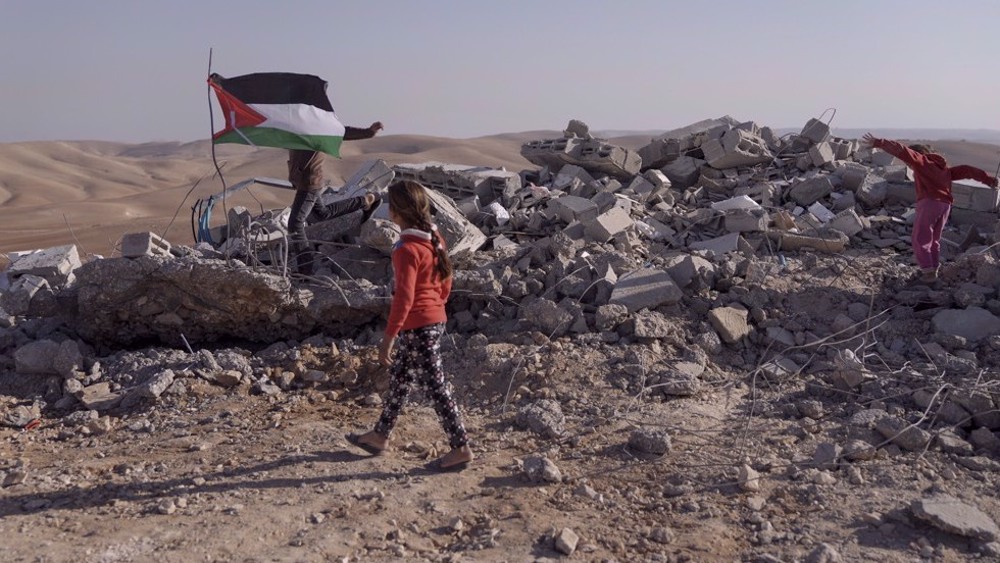
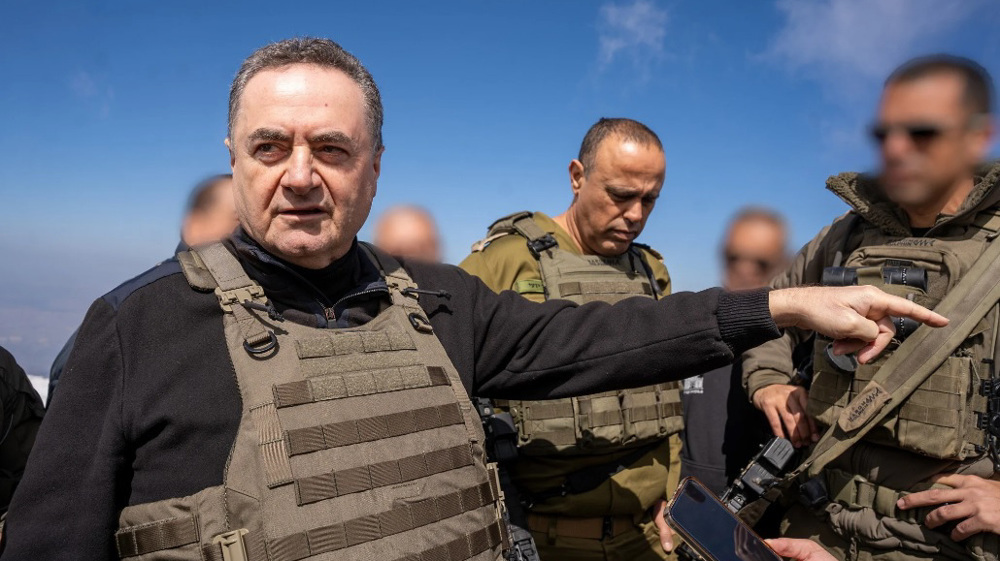
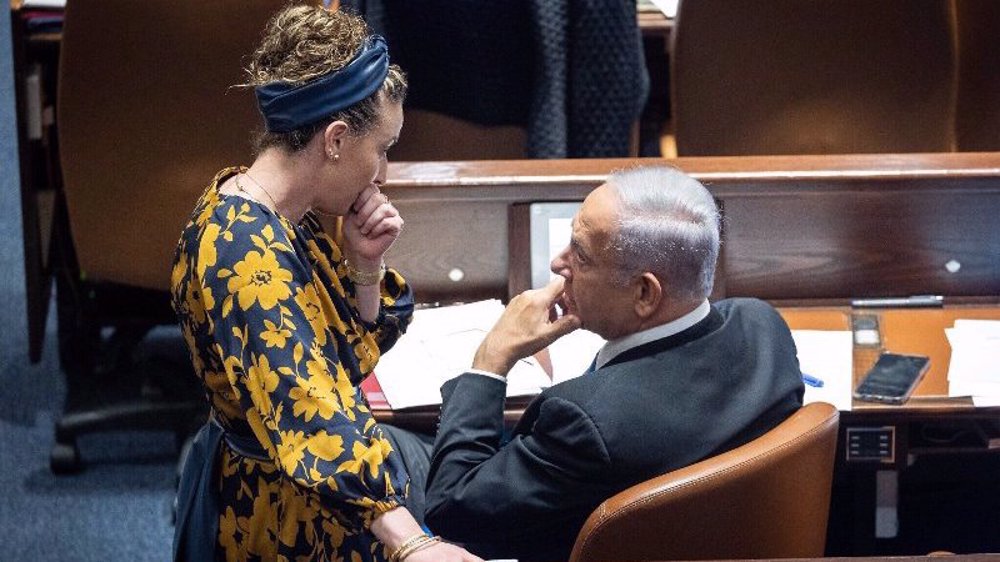
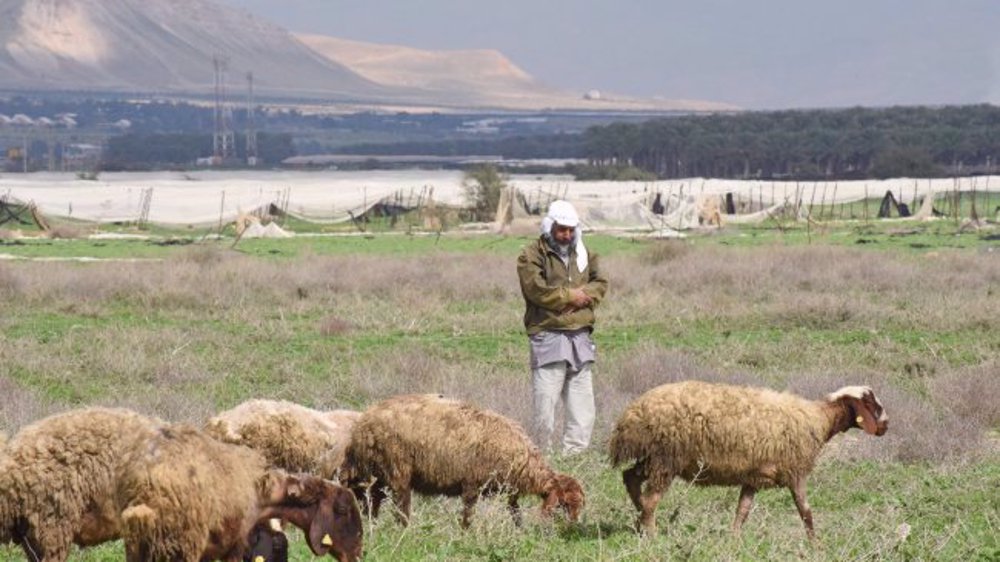



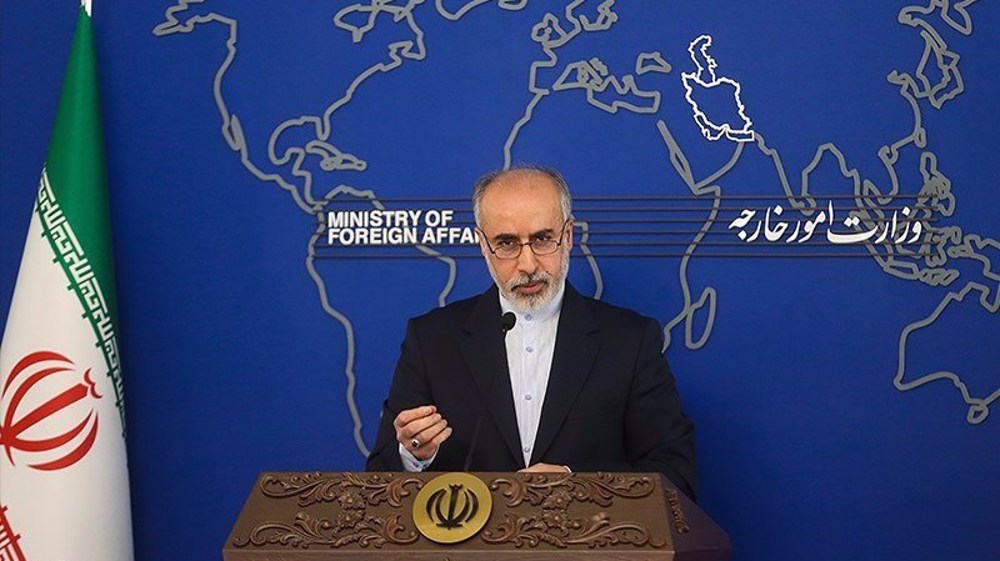
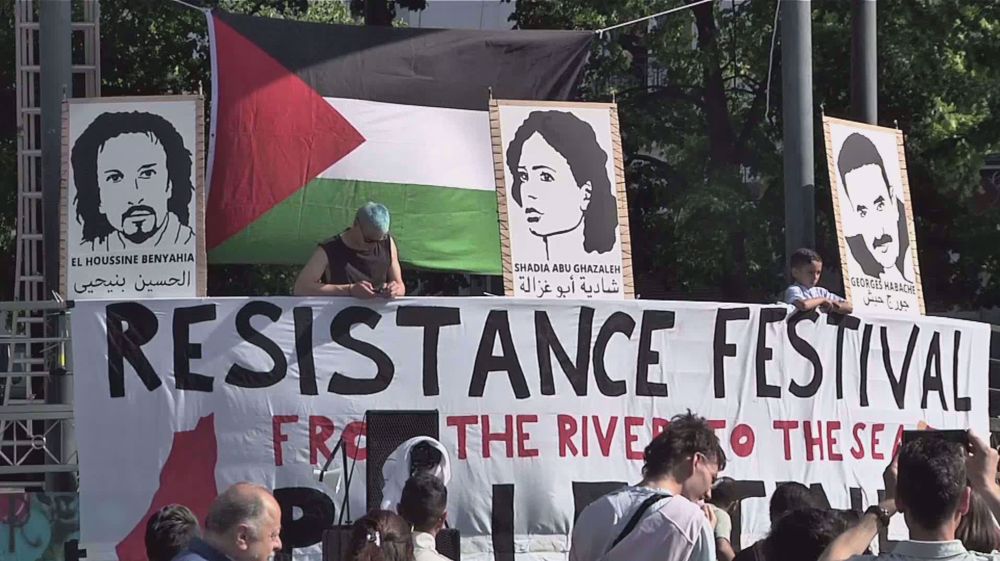
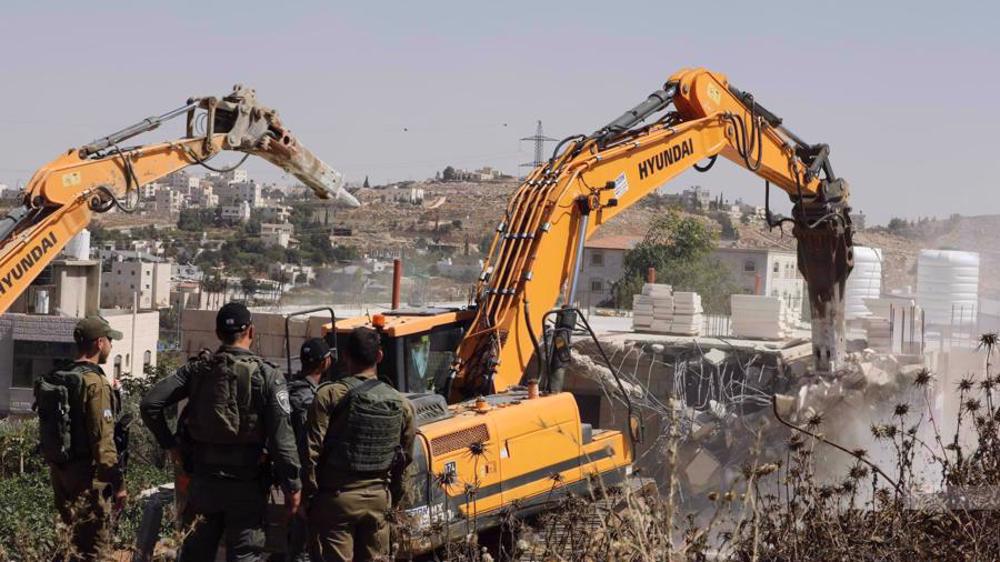

 This makes it easy to access the Press TV website
This makes it easy to access the Press TV website